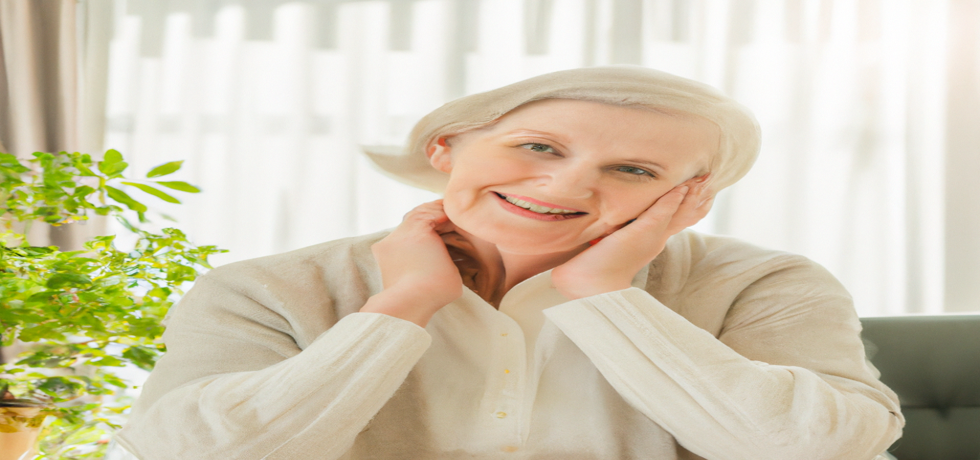
Special Considerations for Seniors with Atopic Dermatitis
The Unique Challenge of Atopic Dermatitis in Seniors
Atopic dermatitis, often referred to as eczema, is a condition that can affect individuals at any age, but it does present unique challenges for seniors. As our bodies age, skin changes in texture, elasticity, and moisture levels, making older adults more susceptible to skin issues like atopic dermatitis. In this blog, we will explore the special considerations for seniors dealing with atopic dermatitis, offering insights to manage and treat this condition effectively.
Understanding Skin Changes in Aging
Aging skin can become thinner, drier, and less resilient, complicating the management of atopic dermatitis. This increased vulnerability means that seniors should pay close attention to their skin care routine. Moisturizers are essential in maintaining skin hydration and preventing flare-ups. Regular moisturizing helps create a protective barrier that can stave off symptoms associated with atopic dermatitis.
Importance of a Gentle Skincare Routine
For seniors, a gentle skincare routine is crucial when managing atopic dermatitis. Harsh soaps, hot showers, and scented products can exacerbate skin irritation. Choosing fragrance-free, hypoallergenic products enhances skin comfort. Daily skin care should focus on cleansing, moisturizing, and protecting the skin, using products that are specifically formulated for sensitive and aged skin types. This simplifies the skincare routine while providing effective relief from atopic dermatitis symptoms.
Managing Itchiness and Discomfort
Itchiness is one of the most annoying symptoms of atopic dermatitis and can significantly impact the quality of life for seniors. To help ease discomfort, seniors can explore non-medicated creams, cool compresses, and antihistamines as options. It’s essential to consult with a healthcare professional to find personalized treatments that address their specific symptoms, and potentially limit medication side effects as age-related health concerns arise.
Enabling Lifestyle Modifications
Lifestyle plays a significant role in managing atopic dermatitis, particularly for seniors. Staying hydrated, maintaining a nutritious diet, and managing stress can significantly help skin health. Regular exercise, though it needs to be tailored to individual abilities, can also improve circulation and help maintain healthy skin. Engaging in relaxation practices such as yoga or meditation can help manage stress, which may trigger or worsen flare-ups.
When to Seek Professional Help
Its important for seniors with atopic dermatitis to maintain regular check-ups with their dermatologist. At The Skin Artistry, experienced dermatologists are well-equipped to offer specialized care and treatment plans tailored to the unique needs of older adults. If symptoms worsen or do not respond to over-the-counter treatments, seeking professional advice is essential for ensuring effective management of atopic dermatitis.
Conclusion: Empowering Seniors for Better Skin Health
Managing atopic dermatitis in seniors requires a multifaceted approach, focusing on individual skin care needs and lifestyle choices. By adopting a gentle skincare routine, staying hydrated, and consulting with professionals, seniors can take proactive steps towards managing their skin condition effectively. Remember, every individuals journey is unique, so listen to your skin and engage with healthcare providers to explore the best methods tailored to you.
For professional assistance and expert advice from leading dermatologists like Dr. Hital Patel, experience the benefits of special considerations for seniors with atopic dermatitis with Hair & Skin Specialist Dr. Hital Patel at The Skin Artistry. Our clinics in PDPU Gandhinagar, Vastrapur Ahmedabad, and Hyderabad offer top-quality care and personalized treatments. Visit us today to learn more about our services and take advantage of our special offers! For more insights, updates, or to collaborate, stay connected with The Skin Artistry.

